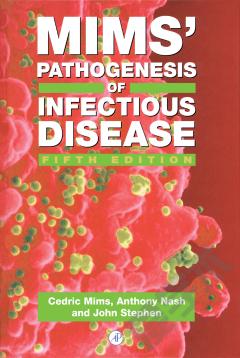Immunopathogenetic Aspects of Disease Induced by Helminth Parasites
Just as the magnitude of the growth and developmental problems attributable to human helminthiasis are being fully realized, we are able for the first time to describe defined immune responses giving rise to the pathological lesions seen. On the basis of the different sets of cytokines produced by CD4+ T cells, these responses can be classified according to the Th1/Th2/Th0 paradigm. Deleterious inflammatory responses to metazoan parasites appear to be consistently associated with a highly polarized Th2 cytokine profile. Thus, host-parasite models involving specific enteric and tissue helminths have provided seminal data on immunoregulatory and immunopathogenetic responses that are more broadly generalizable to the entire Th1/Th2 paradigm. The first three articles in this volume present an overview of recent advances in the understanding of the induction of IgE, eosinophilic, and cytokine regulatory responses to helminthic infection. Subsequent articles comprehensively review immunopathogenetic aspects of schistosomiasis, hookworm infection, echinococcosis, lymphatic filariasis, onchocerciasis, toxocariasis, and cysticercosis, and, at the same time, emphasize key directions and priorities. Conclusions from animal models of infection are set in the context of human disease wherever possible. For all immunologists with an interest in cytokine biology and for those interested in the biology of tropical infectious diseases this volume is essential reading.
{{comment.content}}








 京公网安备 11010802027623号
京公网安备 11010802027623号